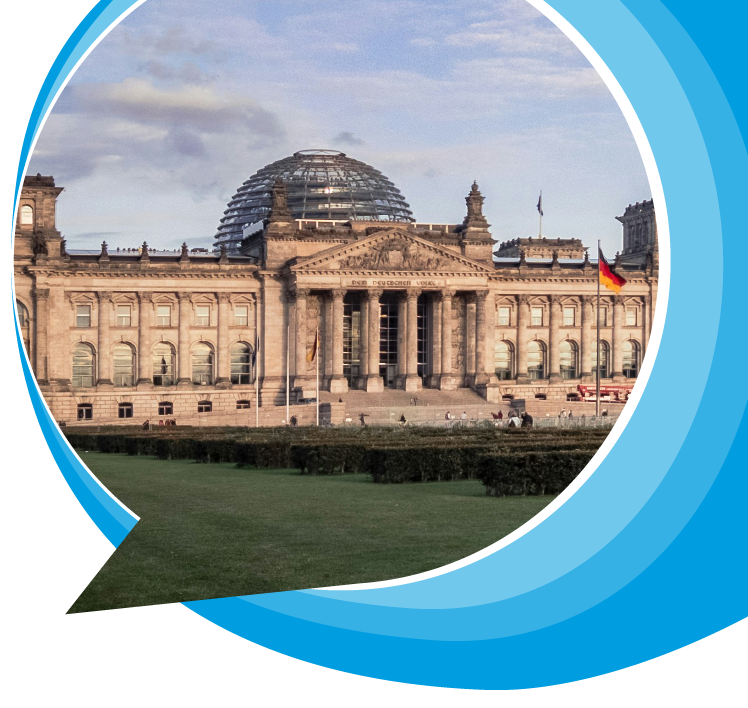
Political dialogue
For a healthier and more equitable world
To achieve our goals and gain broader support for our issues, we engage not only directly in projects in east Africa but also in political advocacy. A clear political agenda and improved financing are needed to empower young people in low- and middle-income countries worldwide and to overcome the numerous health challenges that affect them. That’s why we work every day to convince decision-makers to commit more decisively to these issues. DSW’s political work is particularly aimed at the German federal government, the EU institutions in Brussels, various levels of decision-making in east Africa, and international processes at the United Nations.
We are committed to this
What distinguishes
our political work
With our team of dedicated policy advocates, we strive for more evidence-based and inclusive policy making, and apply various approaches and methods to bring about change:
Youth Champions
DSW’s Youth Champions are young people from East Africa who gain critical skills to empower themselves and their peers to learn about their sexual and reproductive health and rights, as well as their rights to political participation. The Youth Champions also actively engage in politics, for example, to demand the local implementation of national plans for reproductive health and contraceptives. They participate in budget tracking processes, conduct analyses and identify key gaps, engage with policymakers to raise awareness of their needs and take part in advisory forums, dialogues, and engage the media to call for better policies and increased funding for SRHR. Furthermore, the Youth Champions support our political work in Europe through regular exchanges with our teams and occasional visits to share their experiences directly with decision makers in Brussels and Berlin.
Partnerships and coalitions
To extend the reach of our political work and create synergies, we collaborate with like-minded partners from civil society, academia, government, non-profit R&D organisations, and the private sector. Cooperations with networks and coalitions with other NGOs amplify our messages and help to pursue our common goals more effectively. Our approach to global health involves partnering with specialists across various disciplines, allowing us to provide strategic orientations to improve global health and identify shared challenges and solutions. DSW is valued as a partner for its unique expertise, for example, in public budgetary processes. Our partners include:
- UN agencies such as UNAIDS, UNFPA, and UNICEF
- Global Financing Facility (GFF), der Globale Fonds
- networks such as VENRO, CONCORD, Action against AIDS, and Countdown 2030
- NGOs like IPPF, MSI, Oxfam and Save the Children
- Product Development Partnerships like IAVI, EVI, MMV, and DNDi
- networks of global health institutes such as EGHRIN
- think tanks and research institutes like Policy Cures Research, the Berlin Institute for Population and Development, the Guttmacher Institute
- and many others
Collaboration with decision makers
Issues such as SRHR, neglected diseases, or women’s health are often underrepresented or even ignored in political decision-making. DSW informs, meets, and encourages decision-makers to ensure that these topics are not left off the agenda, that policies lead to better outcomes, and that sufficient funding underpins the implementation of policies in these areas. DSW is valued by politicians as a reliable expert and is actively involved in political processes.
Evidence-based advocacy
Through our work in east Africa and our in-house research, our advocates have extensive expertise in developing studies that underpin policy recommendations and inform decision-makers. The annual publication of the Donors Delivering for SRHR report, the German version of the State of the World Population Report, our study PRNDs Through a Gender Lens, and our budget studies in east Africa are some examples of how we provide valuable data and evidence to the public and policymakers.
Public awareness
We organise public campaigns and work with the media to raise awareness of our issues, debunk myths, provide facts and scientific evidence, shape public opinion, and encourage politicians and institutions to act.
Our Advocacy
Offices in Europe
Germany and the EU institutions are among the top five public donors worldwide in terms of both official development assistance (ODA) and financing for research in the field of neglected diseases. They wield considerable influence over the international development agenda, hence the importance of engaging at both levels.
Our office
in Berlin
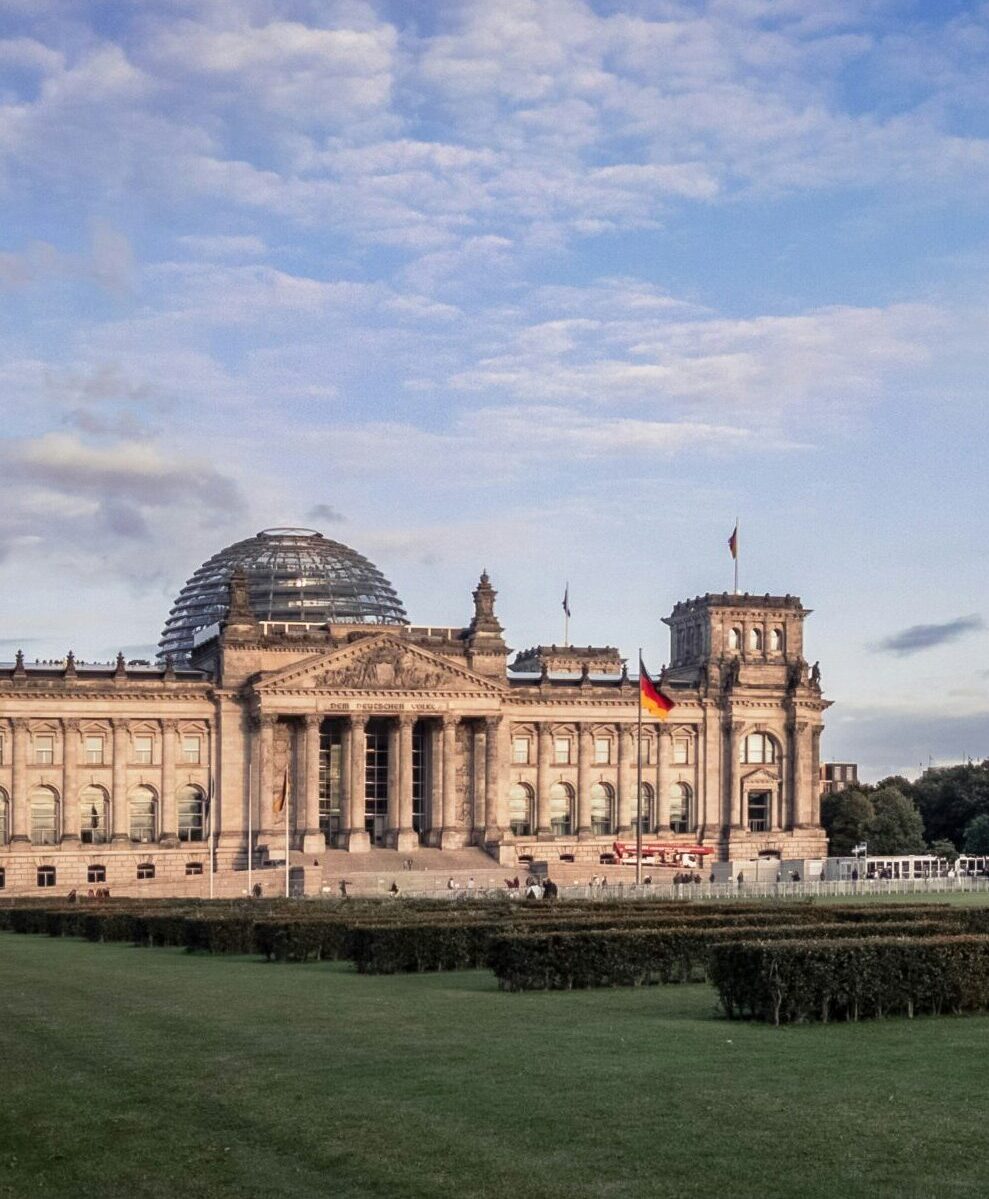
Our office
in Brussels
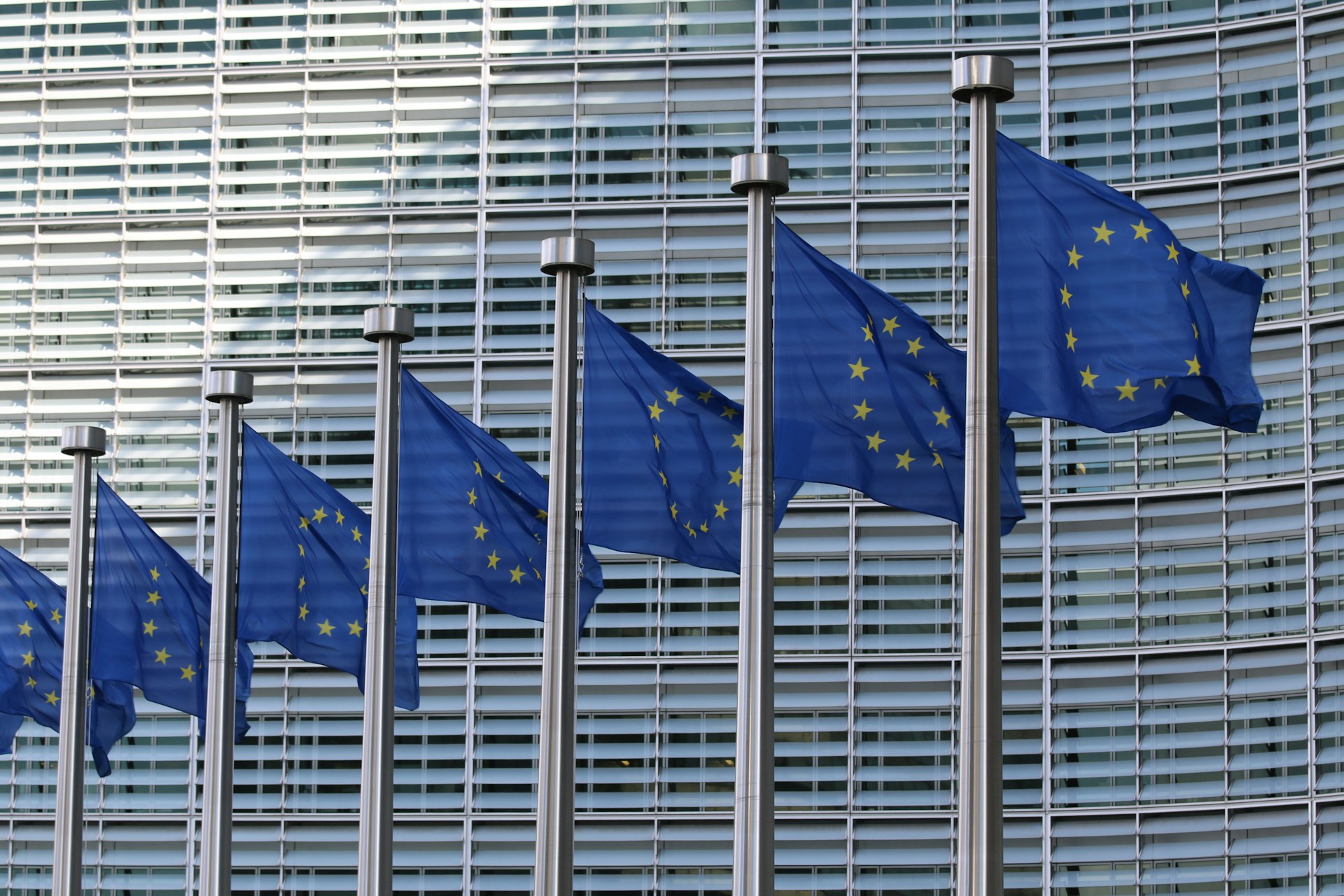

Our All-Party Parliamentary Group
The All-Party Parliamentary Group (APPG) for Population and Development is of great importance to our political work in Germany. Since 2003, this cross-party and cross-committee body has been working on the interconnections between international development, health, poverty, and human rights. Members of the Bundestag are thus committed to advocating for Germany’s increased engagement in global health, including SRHR, neglected diseases and women’s health and rights and play a significant role in ensuring these topics are high on the parliamentary agenda.
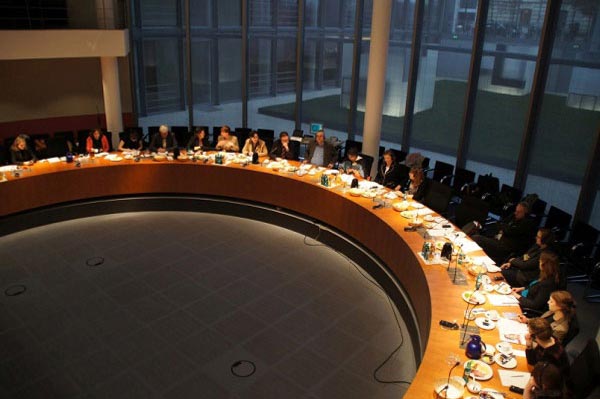
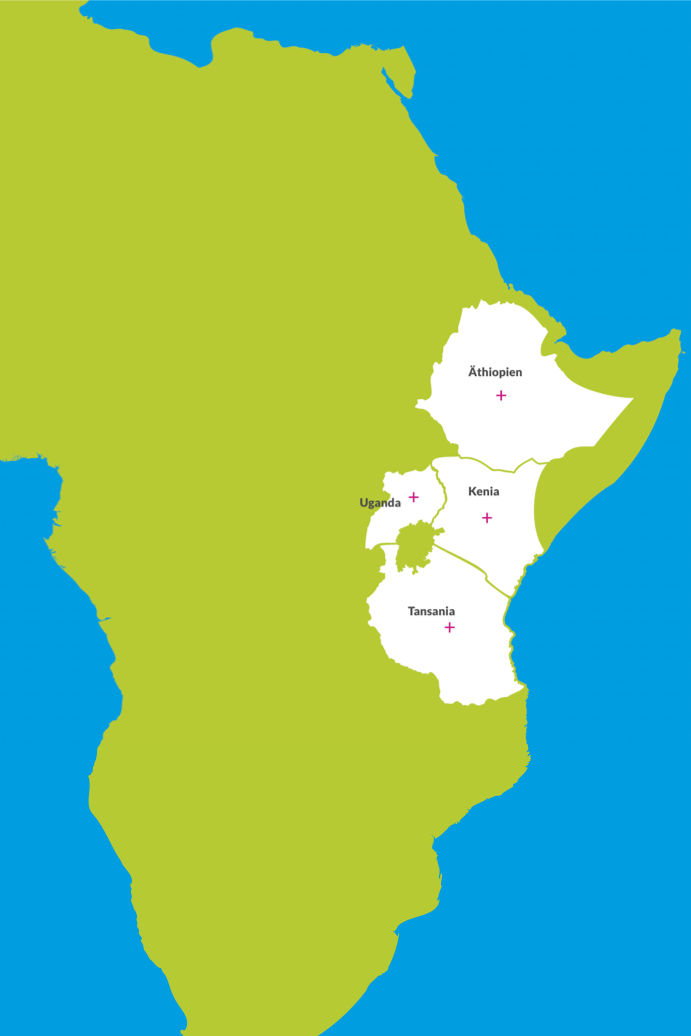
Our Political Work in Africa
One of our main objectives in east Africa is ensuring that young people can realise their right to quality health services. Therefore, DSW is committed to bringing topics such as comprehensive sexuality education, prevention of unintended pregnancies, and HIV prevention into sharper political focus, encouraging governments to allocate more resources and invest in their health systems. Together with our local partners, we encourage public authorities to provide people with equitable and affordable access to quality health services.
We are also committed to this
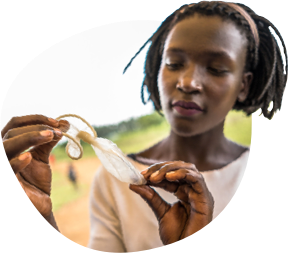
Sexuality education & contraception
Educating young people about their bodies and sexuality, giving them access to contraceptives and age-appropriate healthcare is one of our core tasks. Self-determined family planning is a prerequisite for resilient population development.
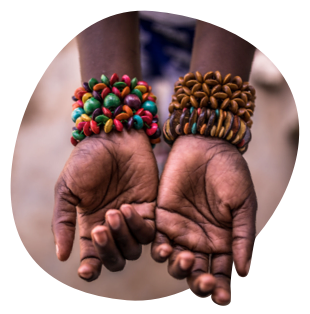
Gender equality
A key aim of our educational work is physical self-determination, especially for girls and women. However, it is also important to convey to young men that any form of violence against women is not a basis for a healthy relationship. The right of women to have a say is a key to a sustainable society.
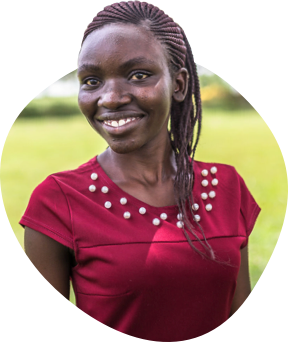
Economic participation
We are committed to the full participation of young people in East Africa by strengthening their voices, promoting education and creating opportunities for political co-determination.

